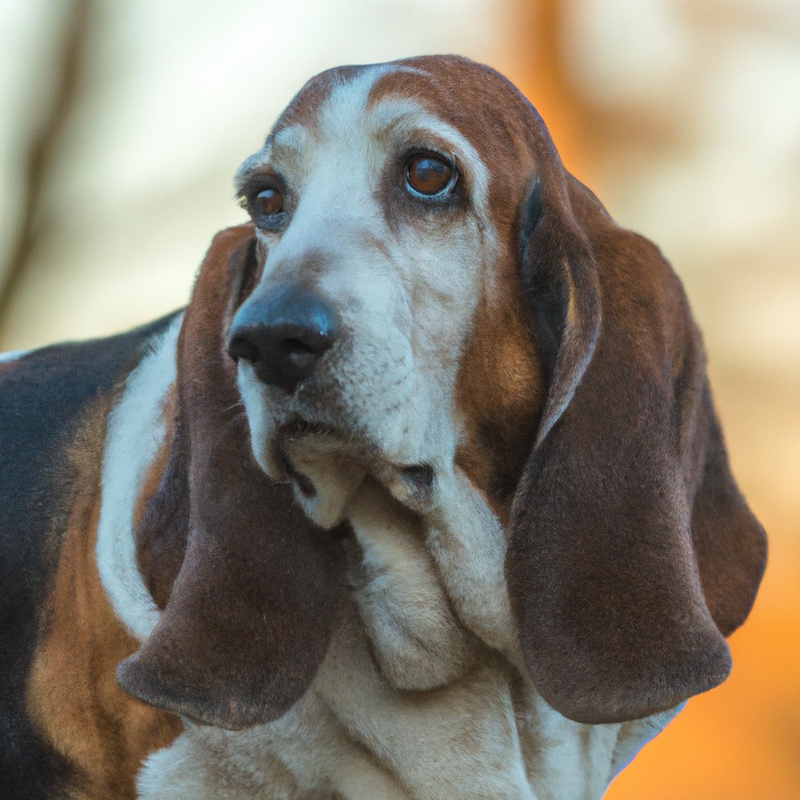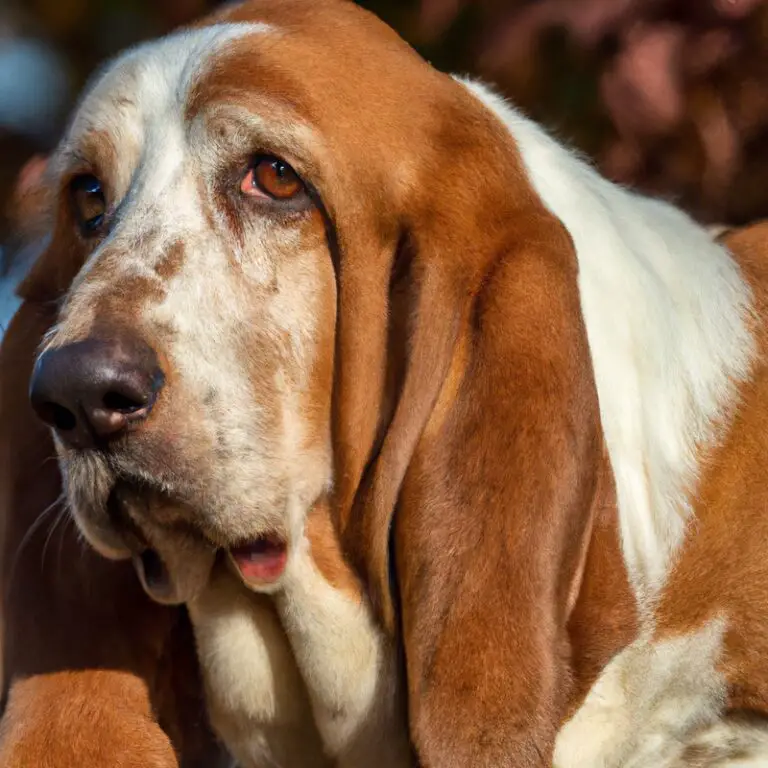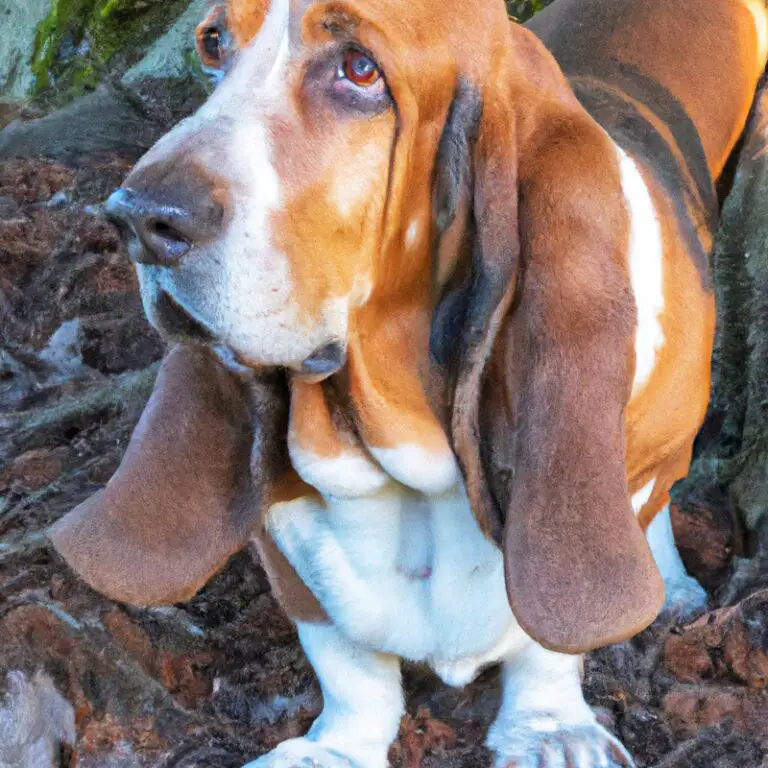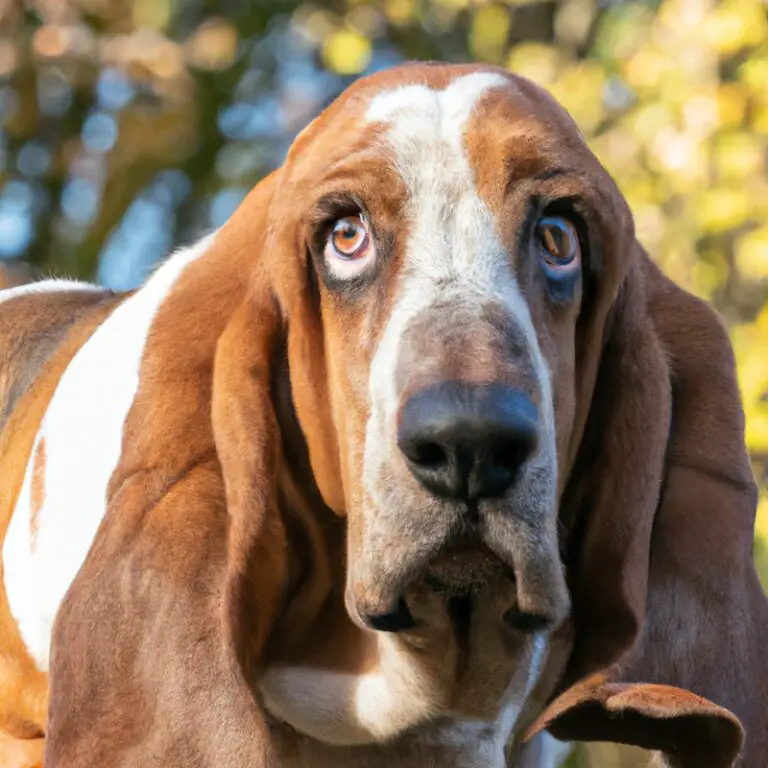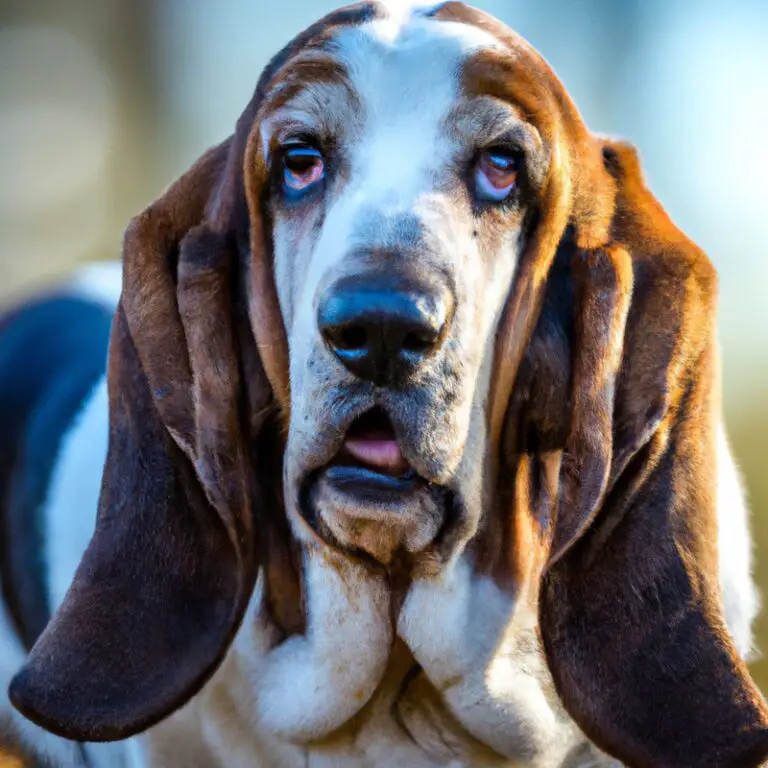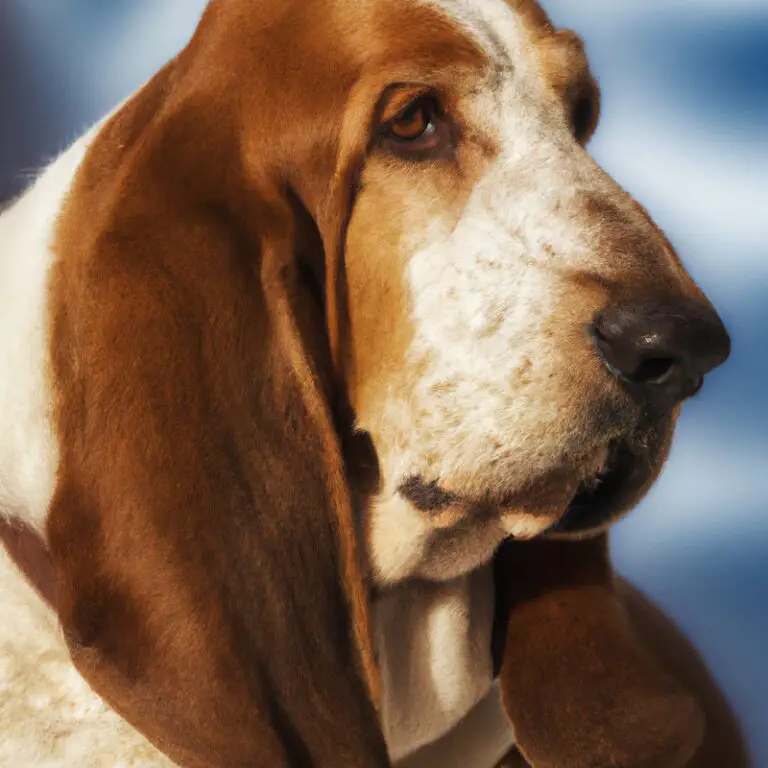Can Basset Hounds Be Trained For Scent Work In Search And Rescue?
Key Takeaways:
- Basset Hounds can be trained for scent work in search and rescue.
- Their keen sense of smell makes them suitable for tracking.
- Their stubborn nature may require patience and consistent training methods.
- Early socialization and exposure to different environments can enhance their search and rescue abilities.
Can Basset Hounds, with their adorable droopy ears and short legs, really excel in the intense world of search and rescue scent work? As an expert on training dogs for search and rescue missions, I’m here to tell you that these lovable hounds have more potential than you might think.
In this article, we’ll explore the unique physical characteristics and temperament of Basset Hounds that make them suitable for scent work.
We’ll also delve into the different challenges and strategies involved in training these determined and determined canine detectives. So, if you’ve ever wondered if Basset Hounds can rescue more than just your heart, keep reading to discover their scenting abilities and the steps to train them for search and rescue missions.
| Scent Work in Search and Rescue | Basset Hounds |
|---|---|
| Trainability | Low |
| Tracking Skills | Excellent |
| Endurance | Low |
| Speed | Slow |
| Scenting Ability | Exceptional |
| Size | Advantageous (close to the ground) |
| Trainability for Specific Tasks | Challenging |
| Compatibility with SAR Work | Possible, but limited |
| Overall Suitability for SAR | Not ideal |
Basset Hounds: A Breed Overview
Physical Characteristics of Basset Hounds
Bassets Hounds are known for their distinctive physical characteristics.
They have a low, long body with short, sturdy legs.
Their droopy ears are one of their most prominent features, along with their wrinkled forehead and sad-looking eyes.
They have a heavy bone structure and a thick, dense coat that comes in various colors, including tri-color (black, white, and brown) and lemon and white.
Basset Hounds also have a strong sense of smell due to their long, narrow noses, which help them excel in scent work.
This breed typically weighs between 40-65 pounds and stands about 13-15 inches tall at the shoulder.
Temperament of Basset Hounds
Basset Hounds have a friendly and laid-back temperament.
They are known for being gentle, affectionate, and good-natured.
They are great with families, including children, and get along well with other pets.
Bassets can be a bit stubborn at times, but they are generally very sociable and love attention.
They have a tendency to follow their noses, so it’s important to keep them on a leash or in a secure area when outside.
Overall, Basset Hounds have a charming and easygoing temperament that makes them lovable companions.

Scent Work in Search and Rescue
What is Scent Work in Search and Rescue?
Scent Work in Search and Rescue refers to the practice of training dogs to use their sense of smell to locate missing persons in emergency situations. Dogs are trained to pick up and follow the scent of a specific individual, using their keen sense of smell to track them down.
This is a vital skill in search and rescue operations, as it allows trained dogs to cover large areas quickly and efficiently, increasing the chances of finding the missing person in a timely manner.
Dogs of various breeds can be trained for scent work, with each breed having its own strengths and abilities in this area.
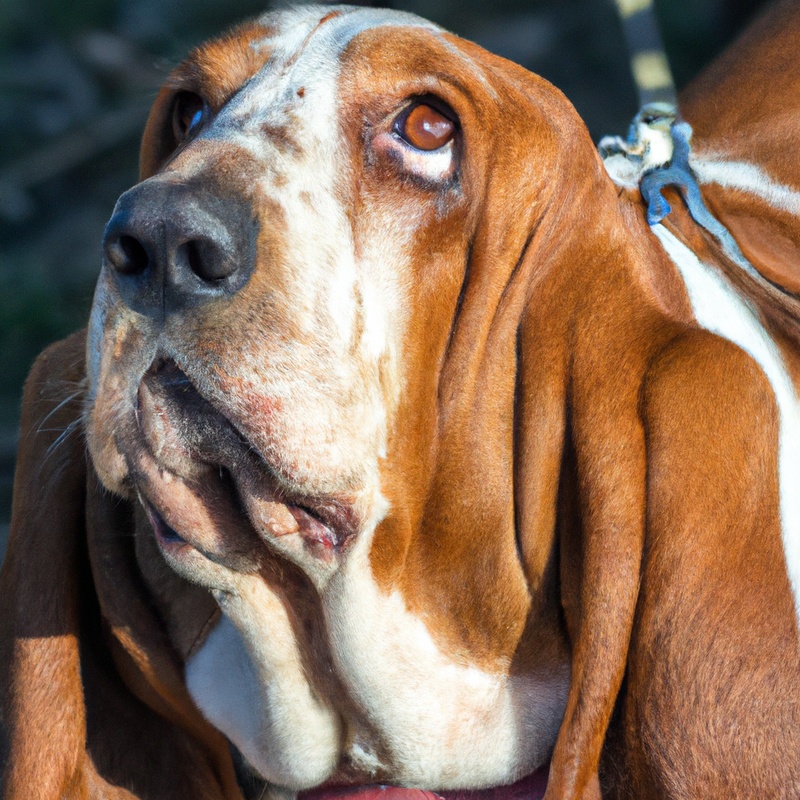
Breeds Suitable for Scent Work
When it comes to scent work, certain breeds excel due to their natural abilities. Breeds suitable for scent work include:
- Bloodhounds: Known for their exceptional tracking skills.
- German Shepherds: Highly intelligent and often trained for search and rescue work.
- Beagles: Possess a keen sense of smell and are commonly used for detecting contraband.
- Labradors Retrievers: Renowned for their excellent nose and are often trained for narcotics detection.
- Belgian Malinois: A working breed with a strong scenting ability, commonly used in law enforcement.
These breeds have been specifically bred for their olfactory prowess and are well-suited for scent work tasks.
Basset Hounds’ Scenting Abilities
Basset Hounds have exceptional scenting abilities.
Their long ears help funnel scents towards their noses, and their powerful snouts can pick up even the faintest odors.
They have been bred for centuries for their tracking skills, making them highly proficient in scent work.
Basset Hounds possess a strong sense of smell, ranking among the top breeds when it comes to scenting abilities.
Their natural instinct and keen nose make them well-suited for tasks such as search and rescue, scent detection, and tracking.
Training Basset Hounds for Scent Work
Basic obedience training for Basset Hounds
Basic obedience training is essential for Basset Hounds.
Start with positive reinforcement and rewards to motivate them.
Focus on teaching commands like sit, stay, come, and heel.
Keep training sessions short and consistent to maintain their attention.
Use treats and praise to reinforce desired behaviors.
Patience is key, as Basset Hounds can be stubborn.
Stay consistent and use positive reinforcement to shape good obedience behaviors.
Remember, training is an ongoing process, so continue to practice and reinforce training throughout your dog’s life.
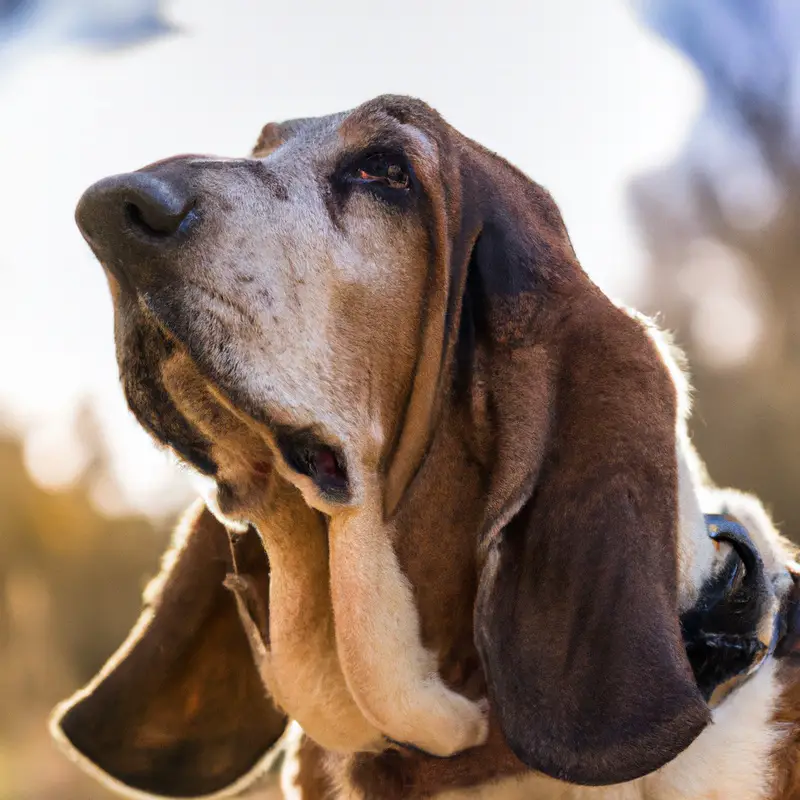
Steps to Train Basset Hounds for Scent Work
Training Basset Hounds for scent work involves a step-by-step approach to develop their natural sniffing abilities.
Here are the key steps:
- Start with basic obedience training: Teach your Basset Hound commands like sit, stay, and come. This establishes a foundation of discipline and control.
- Introduce scent recognition: Begin by associating a specific scent with a reward, such as a treat or praise. Over time, your dog will learn to recognize and seek out that scent.
- Use scent boxes: Place the target scent in one of several identical boxes and encourage your Basset Hound to find it. Gradually increase the difficulty by adding distractions or hiding the scent in more challenging locations.
- Expand the search area: Gradually increase the size of the search area, whether indoors or outdoors. Encourage your Basset Hound to explore and find the target scent.
- Incorporate search commands: Introduce commands like “find it” or “search” to signal to your Basset Hound that it’s time to use their scenting skills. Practice these commands during scent work sessions.
- Reward and reinforce: Always reward your Basset Hound with treats, praise, or play when they successfully locate the target scent. This positive reinforcement encourages them to continue the behavior.
Remember, consistency and patience are key when training Basset Hounds for scent work.
Practice regularly and keep sessions short to maintain your dog’s focus and enthusiasm.
Challenges in Training Basset Hounds for Scent Work
Prevalent Challenges in Training Basset Hounds
Training Basset Hounds for scent work can come with a few challenges. One prevalent challenge is their stubborn nature.
Bassets can be strong-willed and may be less motivated by traditional training methods.
Another challenge is their distractibility. Their natural curiosity and tendency to follow scents can make it difficult for them to stay focused on the task at hand.
Basset Hounds also have a slower metabolism, which means they may need more breaks during training sessions.
Patience, consistency, and positive reinforcement are key to overcoming these challenges and successfully training Basset Hounds for scent work.
Overcoming Challenges in Training Basset Hounds
Training Basset Hounds for scent work can sometimes be challenging, but with patience and the right approach, these challenges can be overcome.
One common difficulty is their stubborn nature.
To combat this, I recommend using positive reinforcement techniques, such as rewards and treats, to motivate them during training sessions.
Another challenge can be their distractibility, so it’s important to find a quiet and controlled environment for training.
Consistency and repetition are key, as is keeping training sessions short and engaging.
With these strategies, you can successfully train your Basset Hound for scent work.
Final Verdict
I firmly believe that Basset Hounds can be trained for scent work in search and rescue.
Their physical characteristics, such as their keen sense of smell and low-to-the-ground stature, make them well-suited for this type of work.
With proper training and socialization, Basset Hounds can excel in scent detection tasks.
However, it is important to note that training Basset Hounds for scent work may come with its challenges, such as their independent nature and stubbornness.
Nonetheless, with patience, consistency, and positive reinforcement, these challenges can be overcome.
So, if you’re considering Basset Hounds for scent work in search and rescue, don’t hesitate – they have the potential to be exceptional scent detection dogs.

